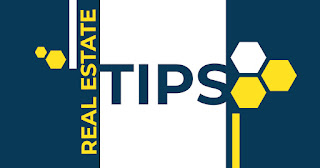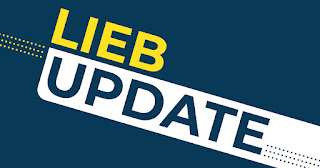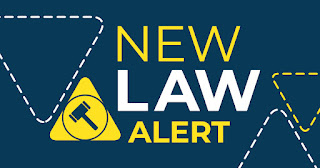According to NYSAR, Empire State Development clarified that "[t]he following functions of real estate and/or realtors (sic) are considered essential: residential home and commercial office showings; home inspections; and residential appraisers."
Now that it's permissible, the question turns to whether real estate salespersons / associate brokers should be conducting showings?
This is the biggest ethical question for real estate brokers today.
Ironically, Lieb School is in the midst of creating a new CE course on ethical business practices, which is a required course for license renewal on and after 7/1/2021. We are now incorporating this situation into the course as a case study for our students to determine their own business ethics in real estate brokerage.
Unlike laws, business ethics refers to appropriate business practices on controversial subjects that are driven by moral concerns. Showing a house during the coronavirus pandemic is a practice that needs to be driven by your moral concerns.
When it comes to morals and values there is not a one size fits all answer to any question. This is the answer that I gave to a friend in response to his text requesting my take on the fact that "realtors were just declared essential services:"
Stay safe my friends.
Now that it's permissible, the question turns to whether real estate salespersons / associate brokers should be conducting showings?
This is the biggest ethical question for real estate brokers today.
Ironically, Lieb School is in the midst of creating a new CE course on ethical business practices, which is a required course for license renewal on and after 7/1/2021. We are now incorporating this situation into the course as a case study for our students to determine their own business ethics in real estate brokerage.
Unlike laws, business ethics refers to appropriate business practices on controversial subjects that are driven by moral concerns. Showing a house during the coronavirus pandemic is a practice that needs to be driven by your moral concerns.
When it comes to morals and values there is not a one size fits all answer to any question. This is the answer that I gave to a friend in response to his text requesting my take on the fact that "realtors were just declared essential services:"
It's not on the empire state development webpage so it's probably a responsive email to a clarification request from NYSAR. We got one today that my law firm can do in- person closings. That being said, we are trying to avoid them at all costs and have our office working remotely. It's good and bad that the clarification was issued. It's good that smart brokers are authorized to help people in need, but it unfortunately gives permission to the idiots in our industry to spread coronavirus and put their lives and the lives of others in jeopardy all for a dollar. I would not show a senior's house if they live there. I would not show an immunocompromised person's house if they live there. I would not do public open houses. I would limit my in-person contact to the extent necessary while always wearing PPE. If not for the business ethics that require it, at least for the fact that I refuse to bring coronavirus to my family. We will get through this, but we must be smart and pick health over money at each turn for money without health is useless. Stay safe my friend.If you would like to further explore this topic, we have a special guest on our radio show this Sunday at noon on WRCN (FM 103.9) - www.listentolieb.com - iheart.com (LI News Radio).
Stay safe my friends.


























